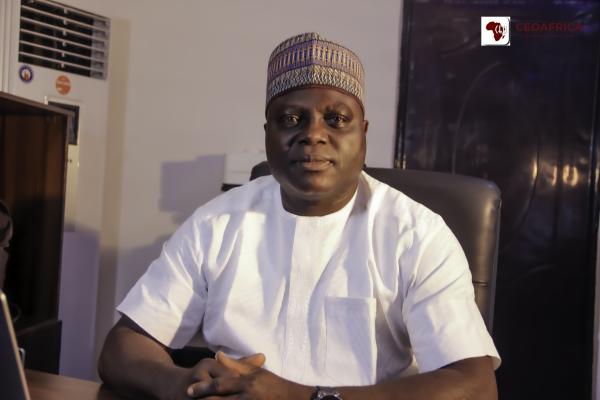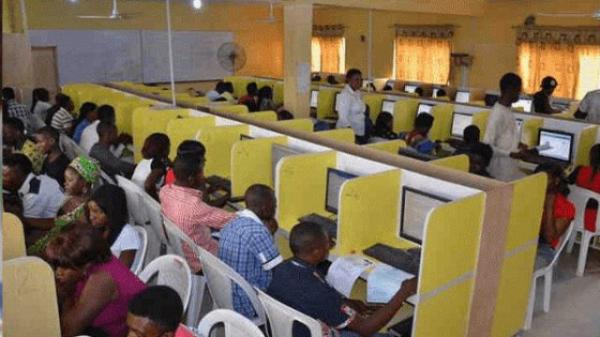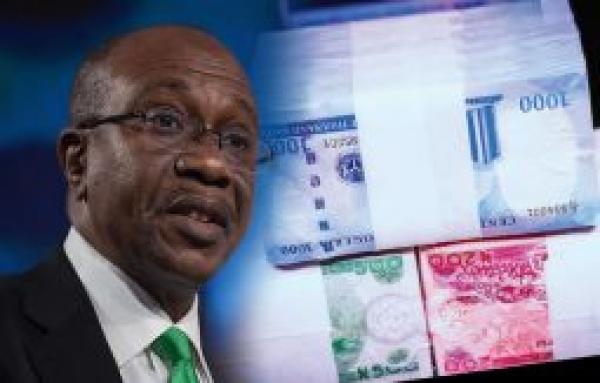
The Desert to Power Initiative which is part of the Paris Agreement is expected to supply 250 million people with green electricity.
The initiative which is projected to generate and provide 10GW of solar energy by 2025 is expected to supply electricity to some of the poorest countries in the world. No fewer than 90 million people will be connected to electricity for the first time once the project is completed lifting them out of energy poverty.
According to the African Development Bank (AfDB) energy poverty in Africa is estimated to cost the continent 2-4 % GDP annually.
Currently, 64% of the Sahel’s population - covering Senegal, Nigeria, Mauritania, Mali, Burkina Faso, Niger, Chad, Sudan, and Eritrea – lives without electricity, a major barrier to development, with consequences for education, health and business.
By harnessing the exceptional solar resource in the region, AfDB and its partners hope to transform the region.
Magdalena J. Seol in the AfDB’s Desert to Power Initiative said, “Energy is the foundation of human living - our entire system depends on it. For Africa right now, providing and securing sustainable energy is in the backbone of its economic growth.
“A lack of energy remains as a significant impediment to Africa’s economic and social development.
“The project will provide many benefits to local people, It will improve the affordability of electricity for low income households and enable people to transition away from unsafe and hazardous energy sources, such as kerosene, which carry health risks.”
Construction of the project will also create jobs and help attract private sector involvement in renewable energy in the region.
Many women-led businesses currently face bigger barriers than men-led enterprises to accessing grid electricity - so the project has the potential to increase female participation in economic activities and decision-making processes.
“If you look at the countries that this initiative supports, they’re the ones who are very much affected by the climate change and carbon emissions from other parts of the world,” said Ms Seol.
“Given this, the investments will have a greater effect in these regions, which have a greater demand and market opportunity in the energy sector.”
“Women are usually disproportionately negatively affected by energy access issues. Providing a secure and sustainable electricity creates positive impact on gender issue as well.”
According to AfDB, Africa holds 15% of the world’s population, yet is poised to shoulder nearly 50% of the estimated global climate change adaptation costs, according to the Bank.
However, the International Renewable Energy Agency estimates that Africa’s renewable energy potential could put it at the forefront of green energy production globally.
COP24 is the 24th conference of the Parties to the United Nations Framework Convention on Climate Change (UNFCCC). This year countries are preparing to implement the Paris Agreement, which aims to limit the world’s global warming to no more than 2C.





















